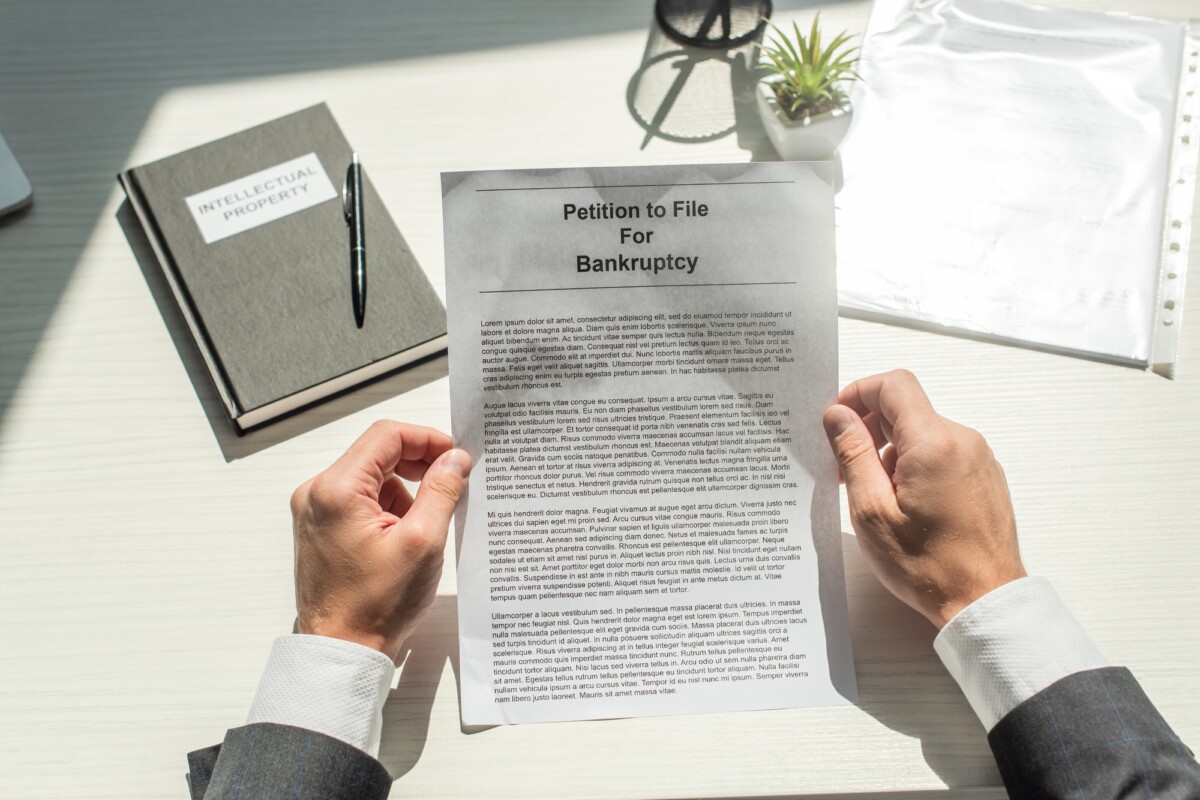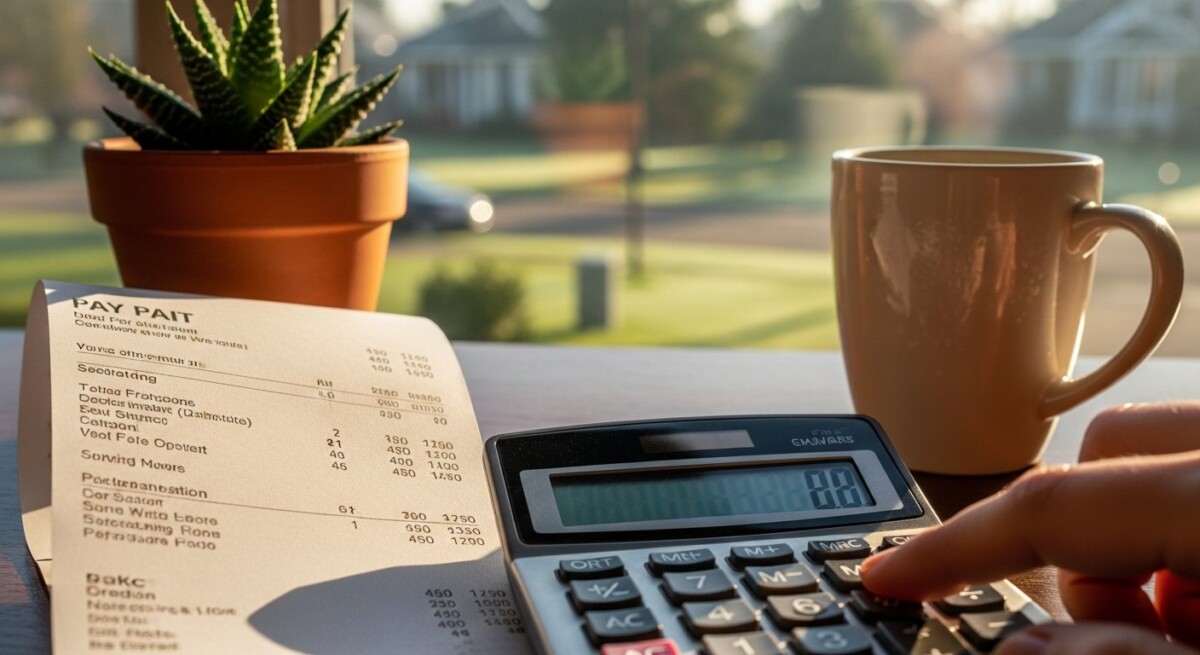Will I Lose My House or Car If I File for Bankruptcy

Filing for bankruptcy raises understandable concerns about keeping essential assets like your home or car. The answer to “Will I lose my house or car if I file for bankruptcy?” depends on your bankruptcy chapter (7 or 13) and state exemption laws. Here’s what you need to know to protect your property.
Understanding Bankruptcy Protections
Exemption laws shield certain assets from creditors. Homestead exemptions protect home equity, while vehicle exemptions cover part of your car’s value. These vary by state, so knowing your local rules is crucial.
Chapter 7 vs. Chapter 13
- Chapter 7: Non-exempt assets may be liquidated, but exempt property (including homes/cars under exemption limits) is safe
- Chapter 13: You keep all assets while repaying debts through a 3-5 year plan, even if they exceed exemption limits
Home Protection Strategies
Your home’s equity determines risk. If covered by exemptions, it’s protected. Chapter 13 offers more flexibility for high-equity homes. Note: Missed mortgage payments can still lead to foreclosure.
Vehicle Retention Options
Cars are protected up to exemption limits. Chapter 13 offers additional benefits like loan balance reductions to current market value.
When Assets Exceed Exemptions
- Chapter 7: Trustee may sell over-limit assets, paying you the exempt portion first
- Chapter 13: Pay non-exempt value through your repayment plan to keep property
Additional Protection Methods
- Reaffirmation agreements: Keep secured assets by continuing payments (but risk repossession if you default)
- Lease options: Surrender or renegotiate terms (Chapter 7) or include in repayment plan (Chapter 13)
Choosing Exemptions
Some states allow using federal exemptions (often more generous) instead of state ones. An attorney can advise which system benefits you most.
Key Action Steps
- Research your state’s exemption limits
- Maintain secured debt payments
- Consider Chapter 13 for high-value assets
- Consult a bankruptcy attorney for personalized guidance With proper planning, bankruptcy doesn’t necessarily mean losing your home or car. Understanding exemptions and choosing the right chapter can help you maintain essential assets while achieving debt relief.
Worried About Losing Your Home or Car?
Find out how bankruptcy might affect your assets.
Get a Free Quote Now
Understanding Exemptions: What Assets Can You Keep in Bankruptcy?
Filing for bankruptcy can be stressful, particularly when worrying about losing essential assets like your home or car. Fortunately, bankruptcy laws include exemptions to protect certain property, helping you avoid starting from scratch. Understanding these exemptions is crucial to answering: Will I lose my house or car if I file for bankruptcy?
Exemptions vary by state and bankruptcy chapter (Chapter 7 or 13), but they generally safeguard critical assets. Here’s how to protect your property and navigate the process confidently.
Protecting Your Home in Bankruptcy
You can typically keep your home if:
- Equity falls within your state’s exemption limits.
- Mortgage payments remain current (especially in Chapter 13).
- State laws allow generous homestead exemptions (varies by location).
Keeping Your Car After Bankruptcy
Your vehicle is usually protected when:
- Its value is below exemption limits.
- You maintain timely payments (Chapter 13) or reaffirm the loan (Chapter 7).
- It’s deemed essential for work or daily needs.
Other Protected Assets
Exemptions often cover:
- Personal belongings (clothing, furniture, household items).
- Retirement accounts (most tax-advantaged plans).
- Work tools (equipment necessary for your job).
Chapter 7 vs. Chapter 13 Exemptions
- Chapter 7: Non-exempt assets may be liquidated, but exemptions protect essentials.
- Chapter 13: You keep all assets while repaying debts through a court-approved plan.
Tips to Maximize Exemptions
- Research state-specific exemption rules.
- Consider timing to optimize equity calculations.
- Consult a bankruptcy attorney for personalized guidance.
Debunking Bankruptcy Myths
- Myth: Bankruptcy means losing everything.
- Reality: Most filers keep homes and cars by following exemption rules and payment plans. While bankruptcy seems intimidating, exemptions help preserve your most important assets. With proper planning and legal advice, you can protect your property and work toward financial recovery.
Protect Your Property During Bankruptcy
Speak with a legal expert to understand your rights and options.
Get Your Personalized Quote Today
How Filing for Bankruptcy Affects Your Mortgage and Auto Loans
Filing for bankruptcy can be stressful, particularly when worrying about losing your home or car. However, bankruptcy doesn’t automatically mean forfeiting these assets. The outcome depends on your bankruptcy chapter, equity in the property, and payment status. Understanding these factors helps protect what matters most while navigating financial recovery.
Protecting Your Home in Bankruptcy
In Chapter 7 bankruptcy, your home could be at risk if you have substantial non-exempt equity. However, most states provide homestead exemptions that shield primary residences up to certain value limits. With Chapter 13, you can keep your home by including overdue payments in a 3-5 year repayment plan.
Safeguarding Your Vehicle
For cars, similar rules apply. Chapter 7 may require surrendering vehicles with significant non-exempt equity, but most states offer vehicle exemptions. In Chapter 13, you can retain your car by catching up on payments through the court-approved repayment plan.
Critical Considerations When Filing
- Exemption limits vary by state and significantly impact asset protection
- Current payment status affects whether you can keep secured property
- Bankruptcy chapter choice determines liquidation vs. repayment options
- Loan types (mortgage vs. auto loan) have different treatment in bankruptcy
Strategic Approaches for Different Situations
For Homeowners Behind on Payments
Chapter 13 often provides the best protection, allowing you to:
- Stop foreclosure proceedings
- Spread missed payments over 3-5 years
- Maintain ownership while repaying debts
For Auto Loan Borrowers
Options include:
- Reaffirming loans in Chapter 7 to keep vehicles
- Reducing principal through cramdowns in Chapter 13 for older cars
- Surrendering upside-down loans without penalty
Essential Next Steps
- Evaluate your equity in home and vehicles
- Research state exemption laws that apply to your case
- Consult with a bankruptcy attorney to review all options
- Consider timing – filing at the right moment can maximize protections While bankruptcy presents challenges, proper planning can help you emerge with your home and transportation intact. The key lies in understanding how different bankruptcy approaches affect secured debts and using available legal protections strategically.
Thinking About Filing for Bankruptcy?
Don’t risk losing your house or car without knowing the facts.
Request a Quote and Get Expert Advice
Protect Your Property: How LegalCaseReview Can Guide You Through Bankruptcy
Filing for bankruptcy can feel overwhelming, especially when you’re worried about losing your home or car. The question “Will I lose my house or car if I file for bankruptcy?” is common, and the answer depends on your situation. Understanding your options is the first step to protecting what matters most.
Understanding Bankruptcy Exemptions
Bankruptcy laws include exemptions that can shield your property from being taken. These vary by state, but often cover a portion of your home’s equity and your vehicle’s value. For example, if your car is essential for work, it may be protected under homestead or vehicle exemptions.
Chapter 7 vs. Chapter 13: Key Differences
- Chapter 7: This liquidation bankruptcy may require selling non-exempt assets, but exemptions can protect your house or car. If your equity falls within limits, you likely won’t lose them.
- Chapter 13: This reorganization bankruptcy lets you keep assets while repaying debts over time. It’s ideal if you’re behind on payments but want to catch up.
How LegalCaseReview Can Help
Navigating bankruptcy exemptions and choosing the right chapter can be complex. Legalcasereview.com connects you with experts who clarify your options, ensuring you make informed decisions. Whether it’s evaluating equity or negotiating with creditors, we’re here to help you protect your property and move forward with confidence.
Steps to Protect Your Home and Car
- Review Your State’s Exemptions: Each state has different rules for what’s protected. Check if your home equity or car value falls below the exemption limit.
- File the Right Bankruptcy Chapter: Chapter 7 may require liquidation, but exemptions can save key assets. Chapter 13 lets you keep property while repaying debts.
- Consult a Bankruptcy Attorney: A professional can help you navigate exemptions, paperwork, and court requirements to maximize protection.
Common Myths About Losing Property
- Myth: Bankruptcy always means losing your house or car. Reality: Exemptions and repayment plans often allow you to keep them.
- Myth: You can’t negotiate with lenders. Reality: Creditors may work with you to avoid repossession or foreclosure.
Final Thoughts
Filing for bankruptcy doesn’t automatically mean losing everything. With the right strategy, you can safeguard your home and car. We provide the guidance you need to make smart choices and secure your financial future.
Key Takeaways
- Bankruptcy exemptions protect essential assets like homes and cars
- Chapter 7 and 13 offer different protection approaches
- Professional guidance maximizes your property protection
Need Help Understanding Bankruptcy and Asset Protection?
Our legal team can guide you through the process.
Get a Quote Now
Frequently Asked Questions (FAQs)
Will I lose my house if I file for bankruptcy?
Not necessarily. Whether you keep your house depends on factors like the type of bankruptcy you file (Chapter 7 or Chapter 13), your state’s homestead exemption laws, and your mortgage status. Many filers can keep their homes if they continue making mortgage payments and qualify for exemptions.
Can I keep my car if I file for bankruptcy?
In many cases, yes. Bankruptcy exemptions often protect a vehicle up to a certain value. If you are current on your car loan and the vehicle is essential for work or daily life, you may be able to keep it. However, if the car’s value exceeds exemption limits or payments are delinquent, it could be at risk.
What is the difference between Chapter 7 and Chapter 13 bankruptcy regarding my assets?
Chapter 7 bankruptcy may require liquidation of non-exempt assets to pay creditors, which can include your house or car if they exceed exemption limits. Chapter 13 allows you to keep your assets but requires a repayment plan over 3-5 years.
How do exemptions protect my house and car during bankruptcy?
Exemptions are legal limits on the value of property you can keep. Each state has its own exemption rules that protect a certain amount of equity in your home or vehicle, shielding them from liquidation.
Should I consult a lawyer before filing for bankruptcy?
Absolutely. Bankruptcy laws are complex and vary by state. A qualified attorney can help you understand how filing will affect your assets and guide you through the best strategy to protect your home and car.
How can I get started with bankruptcy help?
You can request a personalized legal consultation to discuss your situation and get a quote for services.
Get a Quote and Speak to an Expert Today


